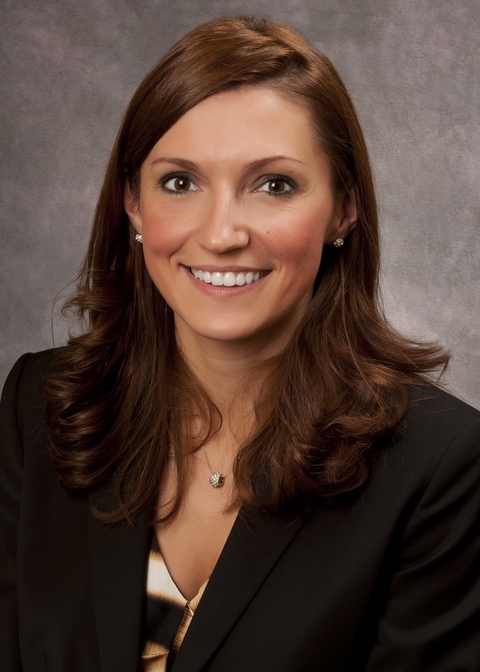
A recent column published by Hospital Impact, titled "PBMs are worsening the opioid epidemic," fails to address several important factors about abuse-deterrent formulations (ADFs) of opioid medications. Specifically: the high cost of these medications; the significant burden those costs place on states and on payers, and the unintended consequences of their use.
The FDA fully acknowledges that ADF products are not abuse proof. In fact, the name alone is a misnomer: The products don’t prevent abuse, they are simply tamper resistant. Yet, even that technology can be solved.
In July, the agency held a public workshop to gather data and methods for evaluating the impact of ADF opioids. A legitimate worry that surfaced is that ADF opioids can lead prescribers into thinking the products are less addictive and that overprescribing patterns will continue. There is a correlation between the number of pills given on first prescription and the likelihood of addiction. Consider that one in five users who start on a 10-day supply of opioid medication become long-term users, and that 70% of abused prescription medications are obtained from family and friends, many of whom have unused, and unnecessary, medication on hand.
Additionally, while ADF opioids make tampering more difficult, determined opioid abusers are able to adapt to these formulations, which has led to a surge in HIV and hepatitis C infections due to needle sharing, a severe issue that Southern Indiana is grappling with now.
RELATED: Trump declares opioid crisis is a national emergency
In addition, ADF opioids cost significantly more than their non-ADF counterparts, because they are still protected by patents and are not subject to generic competition. Drugmakers have lobbied approximately 50 pieces of legislation in the states over the past few that promote the use of these more expensive ADF opioids, thus eliminating any competition and ensuring profits.
Required ADF legislation has been estimated to cost the state of California $4.5 million, with another $3.2 million borne by plans sponsors and patients in the state. If states were to enact these bills, plan sponsors would be deprived from exercising some of their control over formulary design.
Furthermore, a recent analysis from the Institute for Clinical and Economic Review concluded that, even when considering savings associated with the use of ADF pills, such as fewer patients needing treatment, the drugs caused the U.S. healthcare system to spend an additional $533 million over five years, based on a hypothetical model in which ADF pills prevented 2,300 new cases of abuse per 100,000 patients treated over five years. Prices for ADF opioids would have to drop by 41% to be considered worthwhile.
Instead of mandating first-line coverage for ADF opioids, we must remain committed to reducing opioid misuse through comprehensive, well-coordinated efforts among providers, payers, state and federal governments and law enforcement—with an emphasis on drug safety, appropriate prescribing, counseling and patient support. Express Scripts has been on the front line of putting an end to this epidemic, most recently with an opioid management solution that works across the care continuum with patients, prescribers and pharmacies to minimize early exposure while helping prevent progression to overuse and abuse.
Our approach works: in a recent pilot study of more than 100,000 Express Scripts members new to opioid therapy, we observed a 38% reduction in hospitalizations and 40% reduction in emergency room visits in the intervention group versus control group during six months of follow up. Half of patients received an educational letter from the Express Scripts Neuroscience Therapeutic Resource Center (TRC) and half no intervention at all.
A subset of patients receiving the TRC educational letter who had high-risk patterns of opioid use also received a counseling call from a Neuroscience TRC specialist pharmacist. Among this subset, we observed a 19% decrease in the day’s supply of opioid dispensing during six-months of follow up. Patients got the medicine they needed, while we helped prevent unnecessary refills that could put patients at risk of significant harm.
Express Scripts is making a meaningful difference, using technology, data, pharmacy expertise, education and innovation to significantly reduce unnecessary prescribing and dispensing of opioid medications. These efforts help prevent hospitalizations, ER visits and drug treatment costs, all while ensuring access to medication for the patients who need it.
Snezana Mahon, PharmD, is the vice president of product development at Express Scripts.